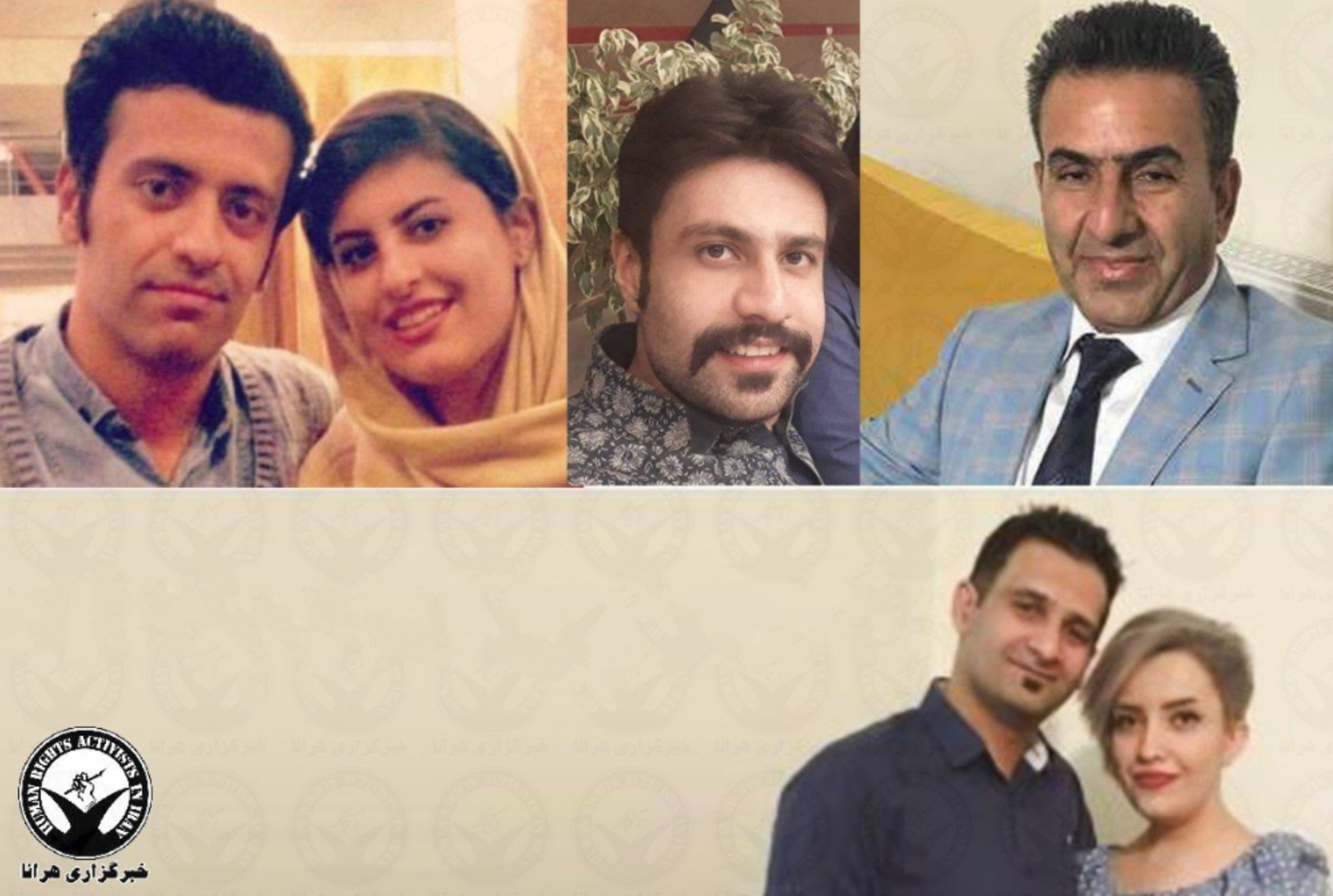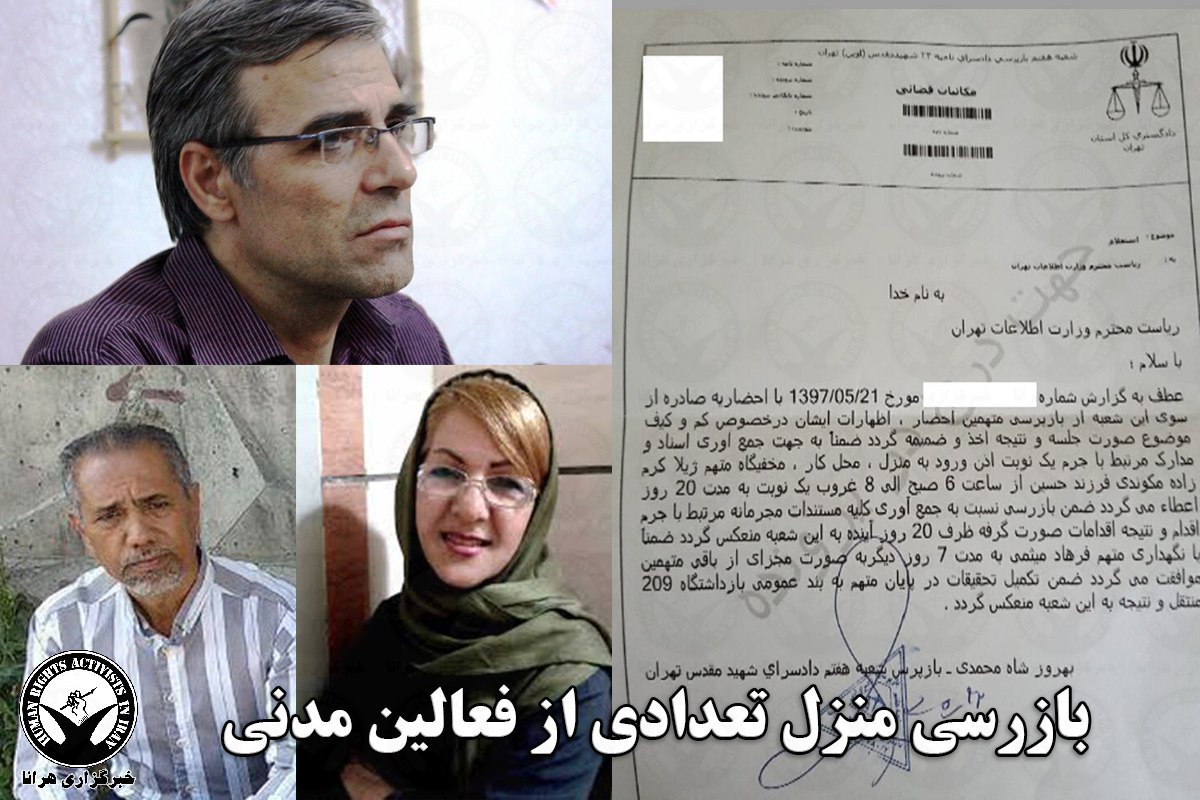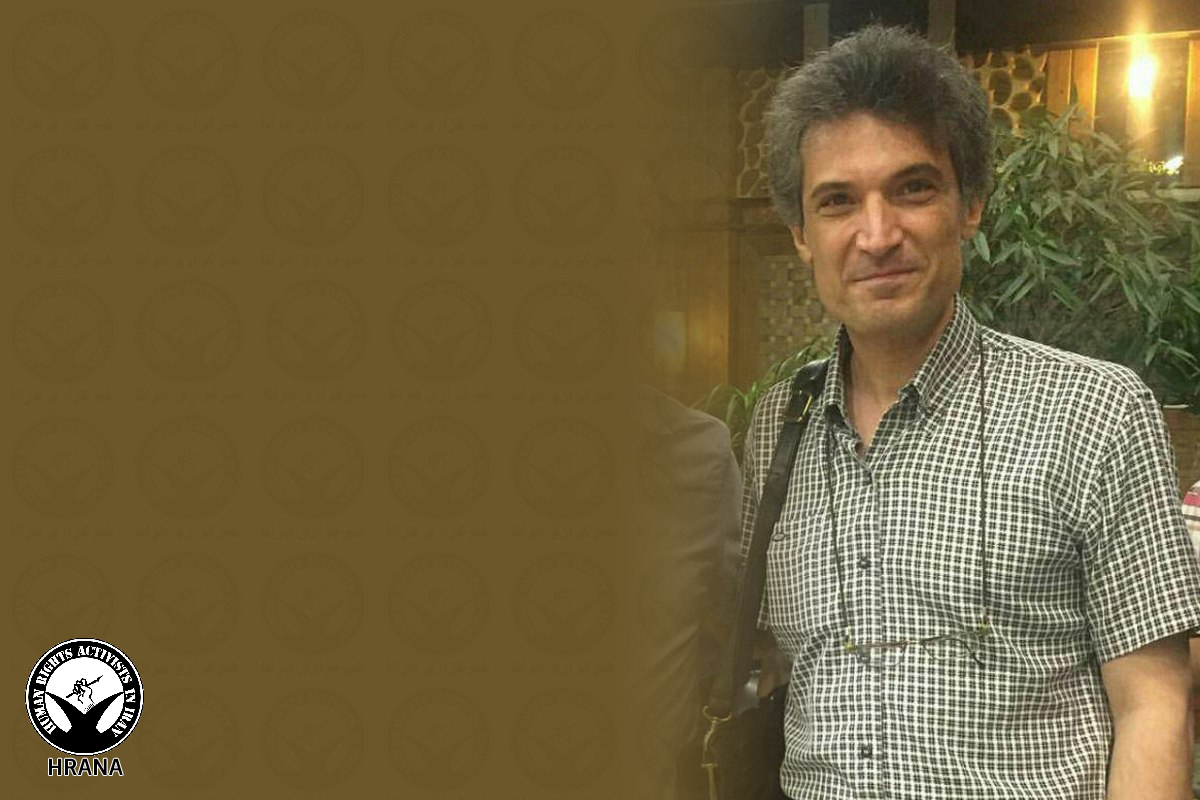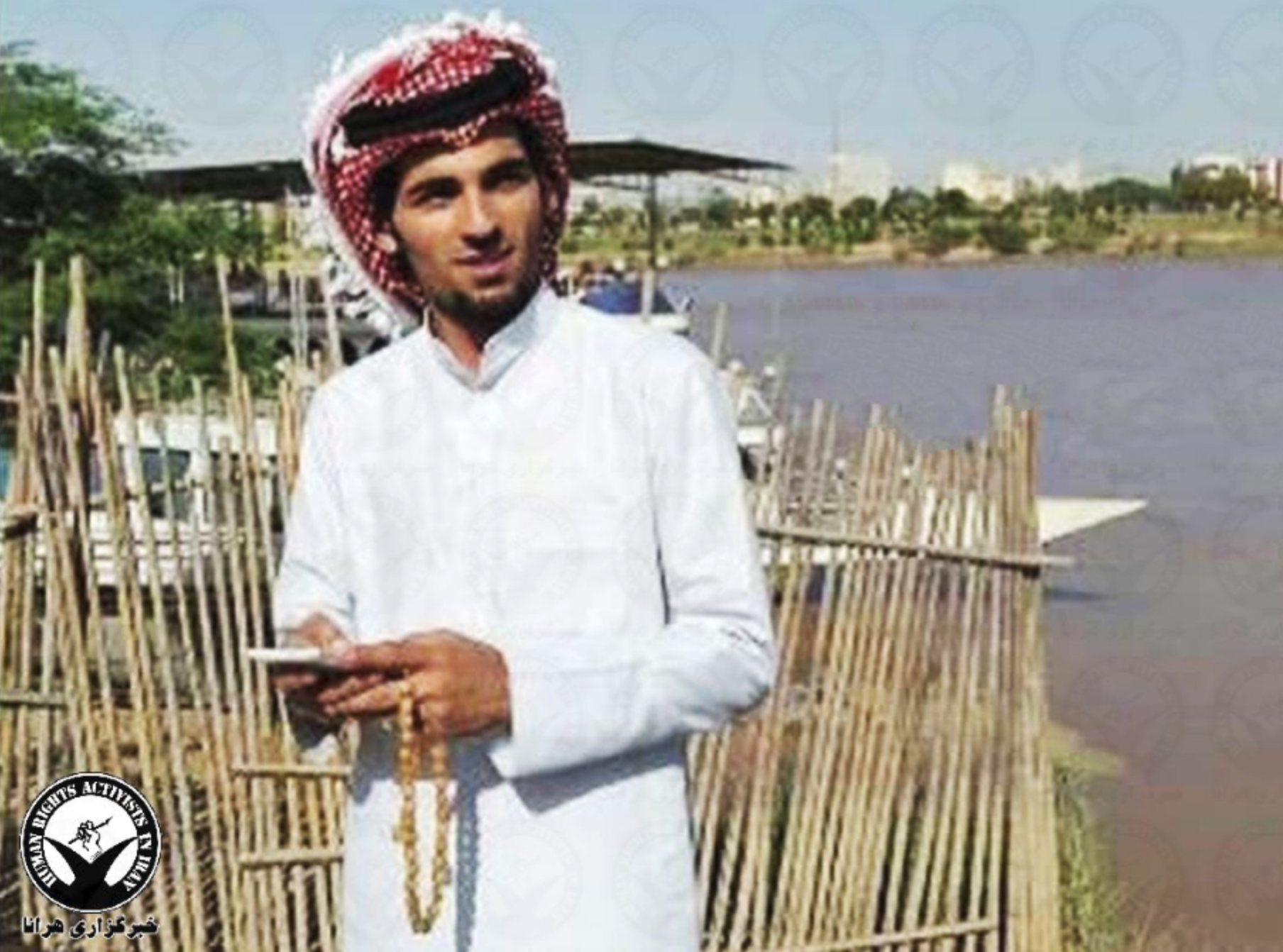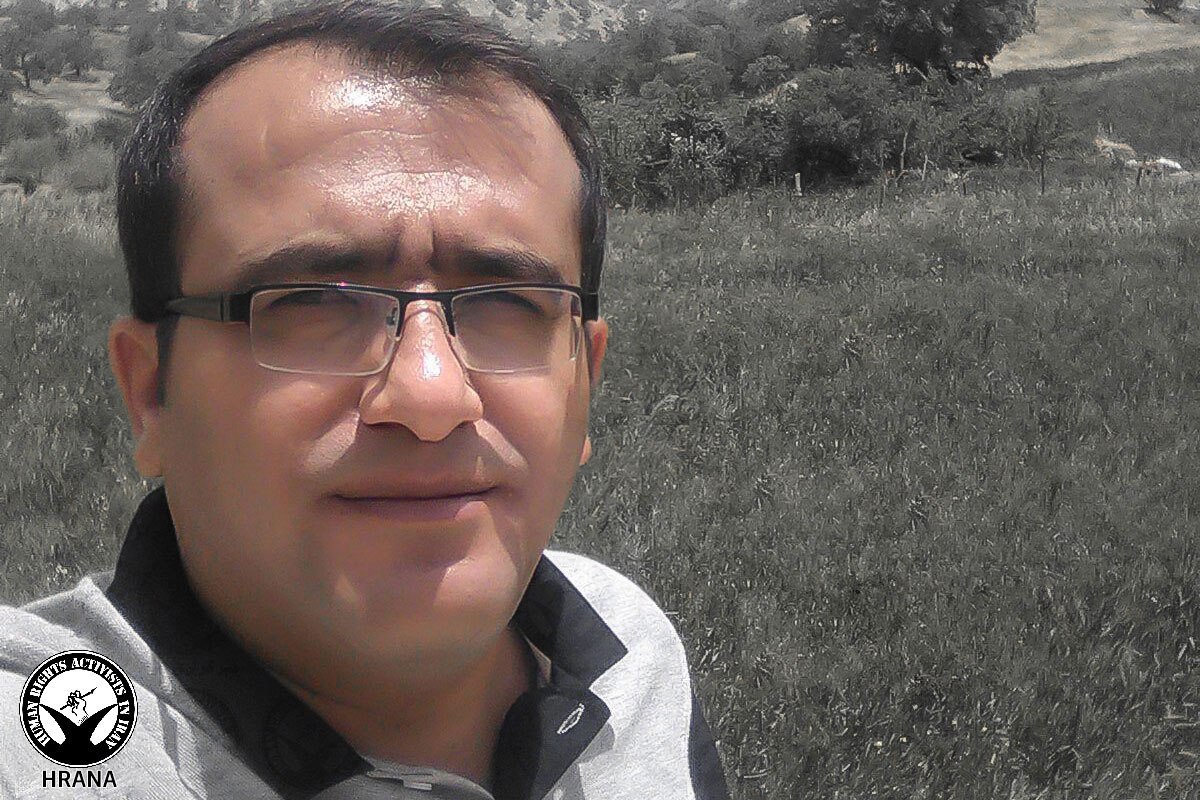Human Rights Activists News Agency (HRANA) – A shop ran by a Baha’i citizen in the city of Kashan was closed down on July 28th after police refused to issue the necessary permit.
Javad Zabihian is a Baha’i man who runs an eyeglass shop in the city of Kashan. He was refused a permit solely because of his Baha’i faith, a credible source told HRANA.
Zabihian’s shop had previously been closed down for two weeks in May 2016 on the order of the president of Kashan Chamber of Guilds. He was allowed to re-open after he committed to obtaining a permit.
As HRANA had previously reported, 22 Baha’i citizens in the northwestern city of Urmia whose shops have been closed for more than a year were also refused justice in High Administrative Court. Authorities had closed down their shops after the shop owners had briefly closed their shop to observe a Baha’i holiday.
Closing down of Baha’i shops in Iran continues despite promises from the administration of President Hassan Rouhani. On December 3rd, Shahindokht Molaverdi, Mr Rouhani’s special deputy on citizenship rights, told state-run media: “[We are following up with the President’s legal deputy regarding the matter of] closing down commercial places and barring Baha’is from practising their trade. We will follow this up through legal means to find a solution.”
United Nations special rapporteurs on the situation of human rights in Iran have repeatedly protested against anti-Baha’i actions by the Iranian authorities. The mistreatment of Baha’is is a clear example of the Iranian authorities ignoring their human rights commitments.
Baha’i citizens of Iran are barred from basic religious freedoms. This systematic discrimination runs counter to Article 18 of the Universal Declaration of Human Rights and Article 18 of the International Covenant on Civil and Political Rights which guarantee the freedom of religion, conversion and individual or collective religious statement.
Unofficial sources maintain that there are more than 300,000 Baha’is in Iran, making them the largest religious minority group in the country. The Iranian constitution, however, only recognizes Islam, Christianity, Judaism and Zoroastrianism.



